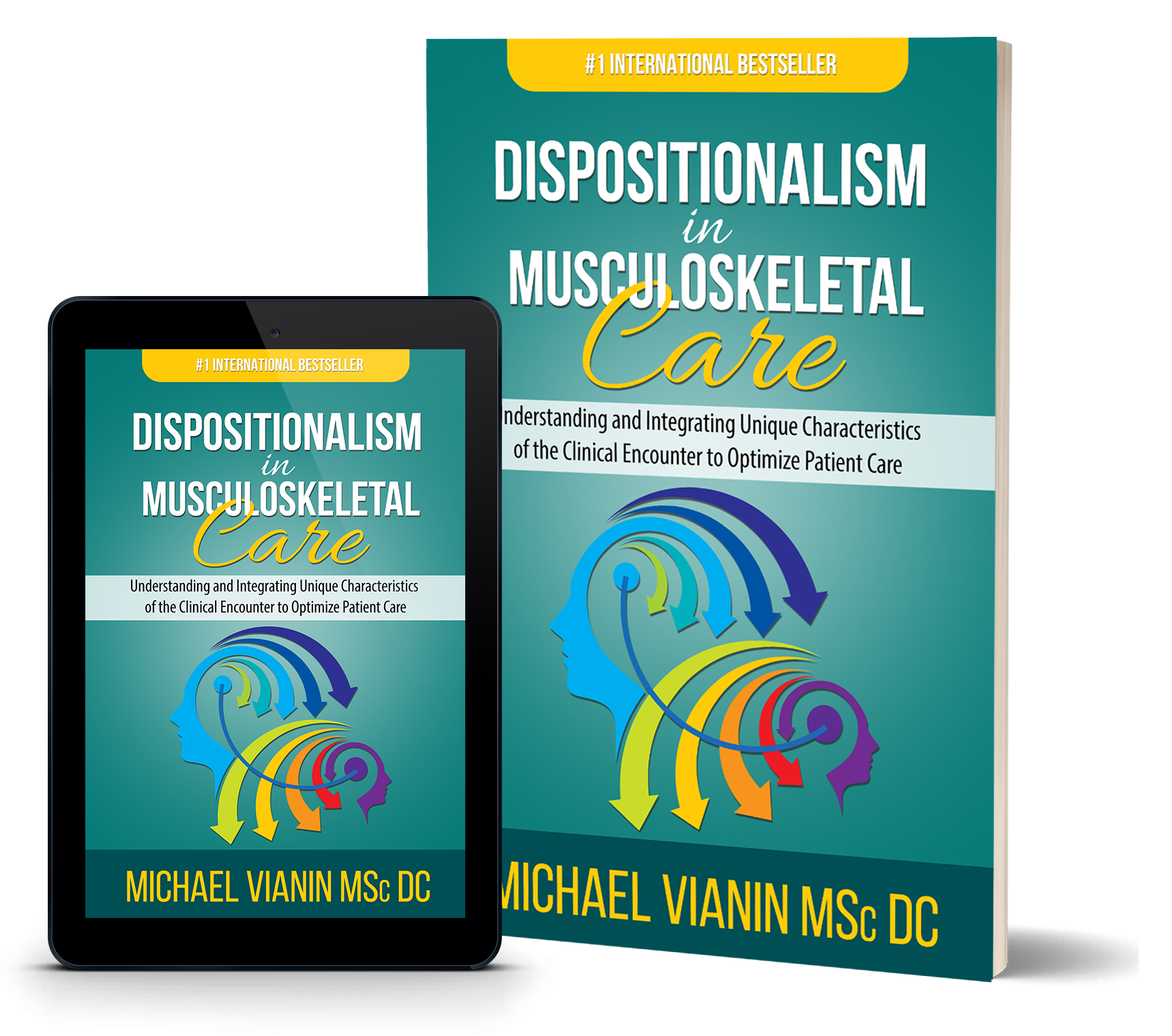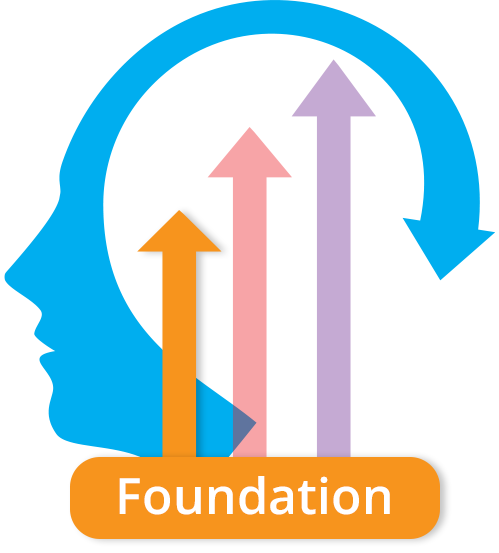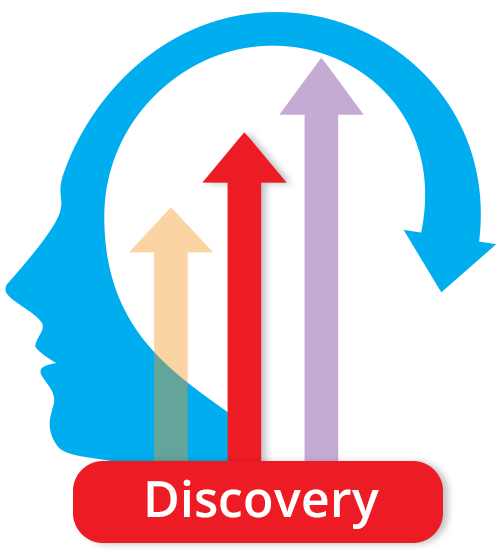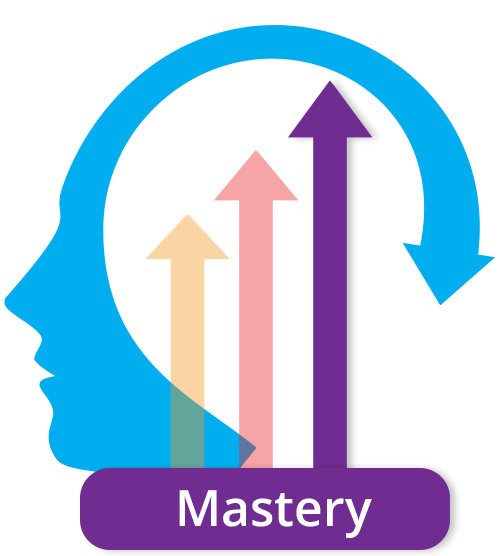“The experts in pain are the patients.”
Chiropractor, lecturer, expert federal chiropractic examiner, and supervising clinician, Michael Vianin (MSc, DC), is committed to ensuring clinicians and other healthcare professionals involved in the management of musculoskeletal disorders and pain syndromes have access to practical tools allowing them to apply a dispositionalism model of musculoskeletal care.
In this book, Michael discusses the components of the model, their significance, and how to address them with patients. Topics covered include:
- the dispositionalism model
- predictive processing
- the clinical encounter
- the self
- social determinants of health
- self-efficacy
- communication
In-depth and evidence-based, Michael advocates for a patient-centered and collaborative approach to pain management and treatment.
Dispositionalism in Musculoskeletal Care provides a comprehensive understanding of the dispositionalism model of care and the tools that can be readily applied in the implementation of the model.






